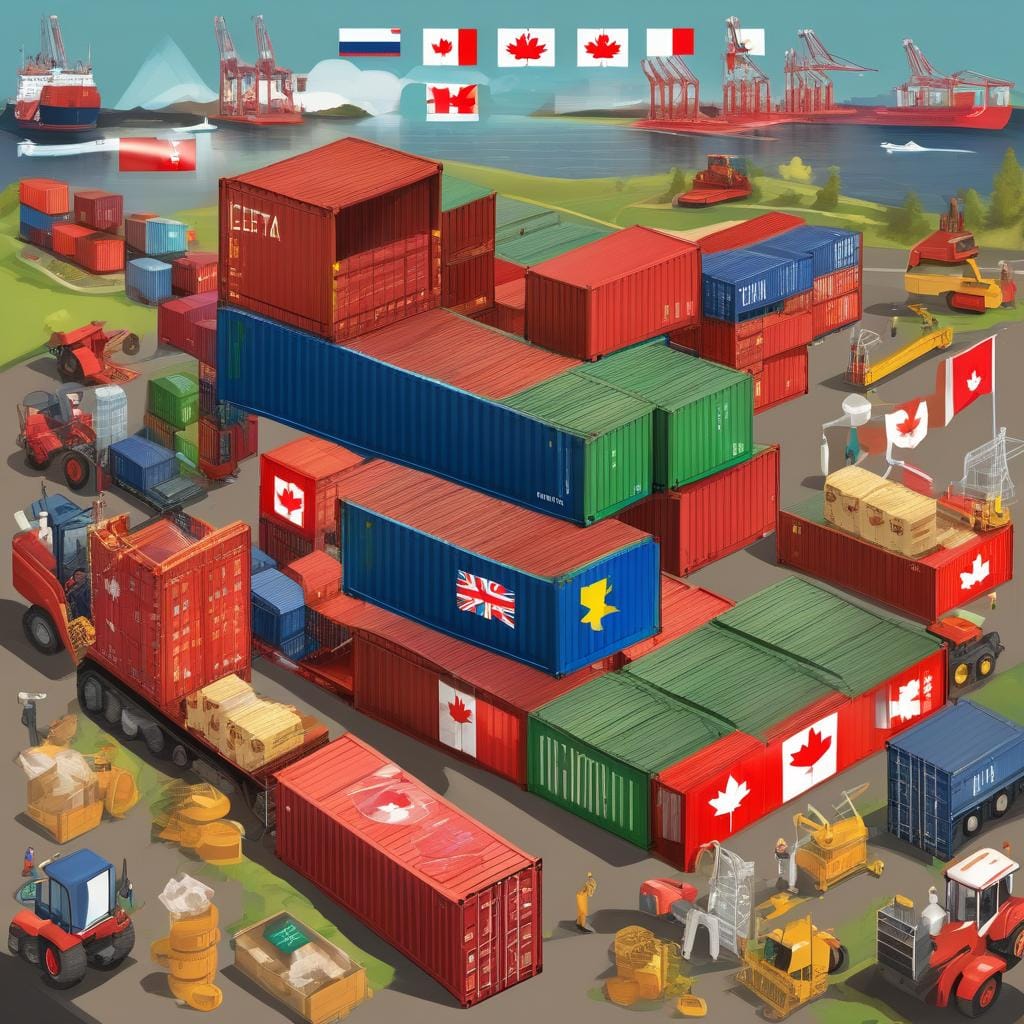
The Comprehensive Economic and Trade Agreement (CETA) between the European Union (EU) and Canada has strengthened trade ties, but as of 2024, several challenges persist that businesses must navigate to fully capitalize on the agreement's benefits.
According to Global Affairs Canada, "Germany is Canada's largest merchandise export market in the EU, and its fifth-largest trading partner globally, with two-way merchandise trade totaling $32 billion in 2023. Canadian exports to Germany were worth $7.1 billion in 2023 while Canada's imports from Germany were $24.9 billion."
One significant challenge is understanding the rules of origin, particularly what constitutes a tariff shift. For a product to qualify for preferential treatment, manufacturers must demonstrate that components sourced from outside Canada have undergone sufficient transformation into a new product with a different HS code. This requirement can complicate compliance for businesses unfamiliar with the intricacies of the agreement.
Another challenge is managing geographical indications (GIs) for wines and spirits. Under CETA, Canada has committed to protecting 143 GIs, ensuring that distinctive food and drink products from the EU are safeguarded against counterfeit goods. This includes provisions that make it illegal to mislead consumers about a product's true origin. Although the agreement provides an administrative process for EU rights holders to assert GIs in Canada, the complexities surrounding this protection can pose hurdles for businesses navigating the regulatory environment.
Finally, political factors remain a hurdle, as only 17 of the 27 EU member states have ratified CETA. Countries such as Belgium, France, and Poland have yet to complete the ratification process, which can slow the overall effectiveness of the agreement and limit its potential benefits. Meanwhile, the German Bundestag voted 559-110 to ratify CETA on 1 December 2022, And Austria ratified the Canada-European Union Comprehensive Economic and Trade Agreement (CETA) back in May 23, 2019.
Despite these challenges, positive effects include “robust supply chains, better access to key raw materials, climate-friendly technologies and primary products, and ideally lower prices.” Addressing the challenges of CETA will be crucial for maximizing these promising opportunities.
Elke Porter Founder and Publisher of Westcoast German News Media
Tags: #Trade Agreement #CETA #Sustainable Business #Geographic Indications #Elke Porter
